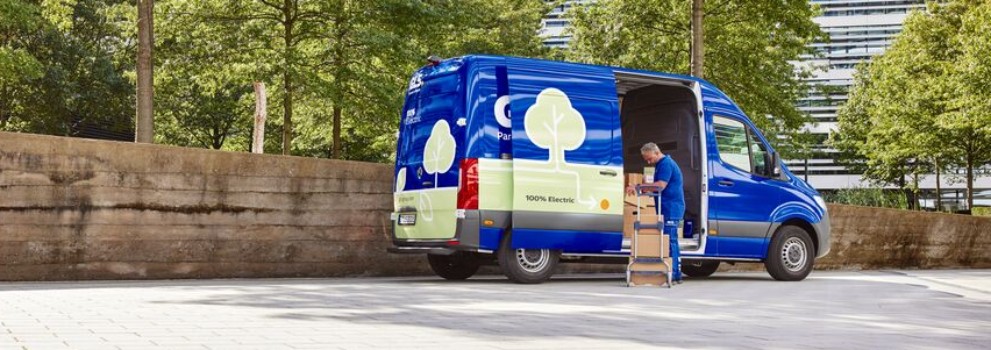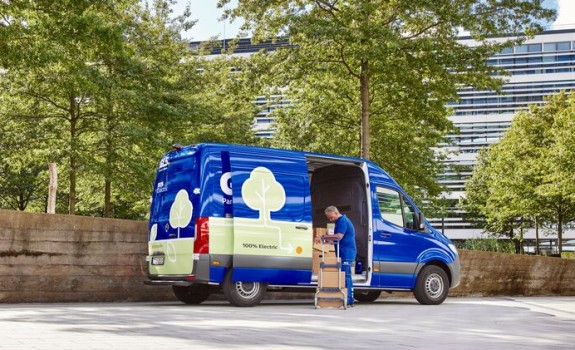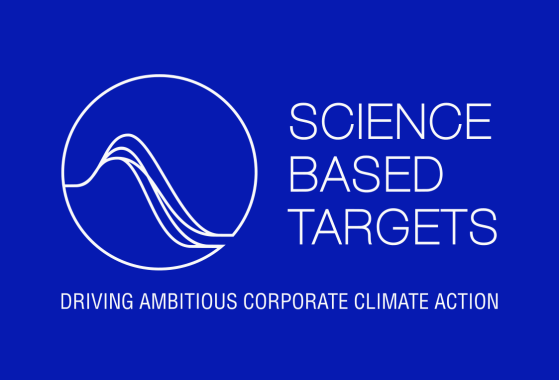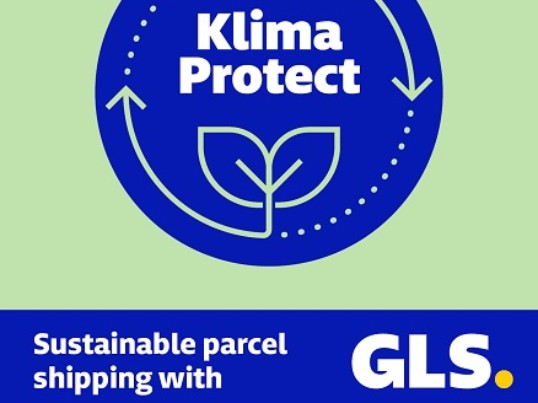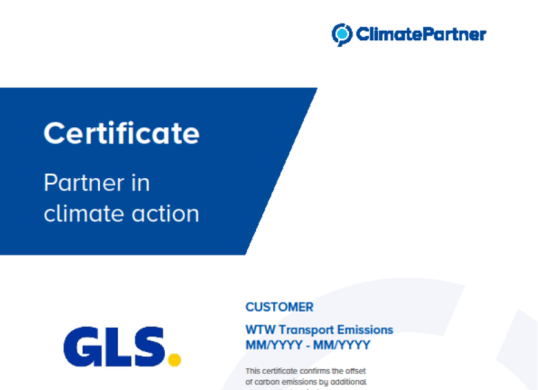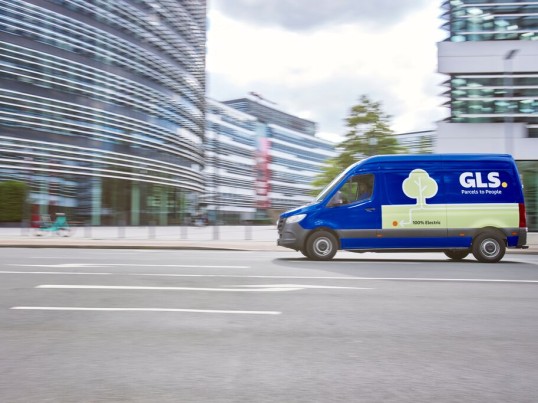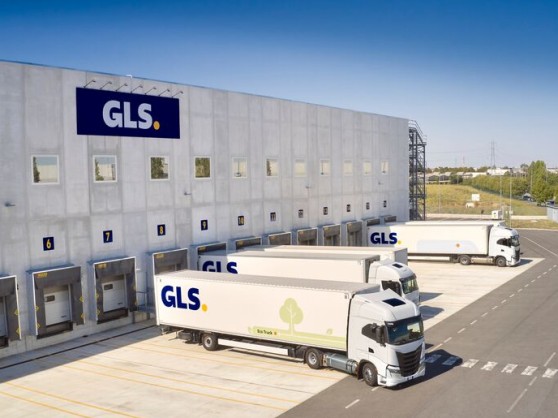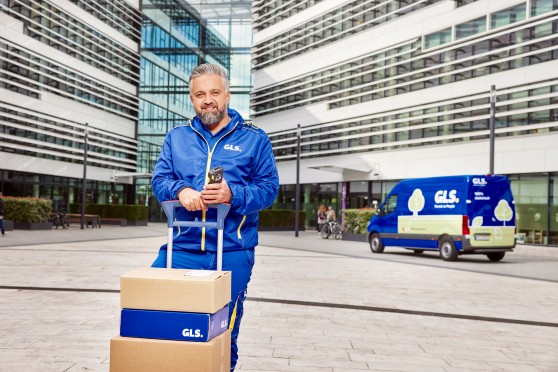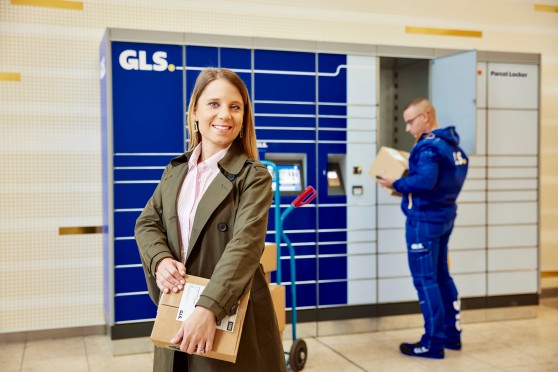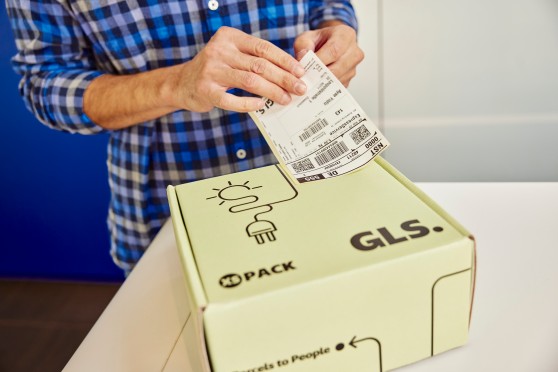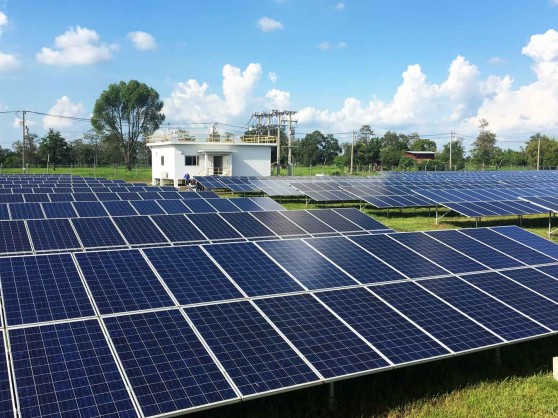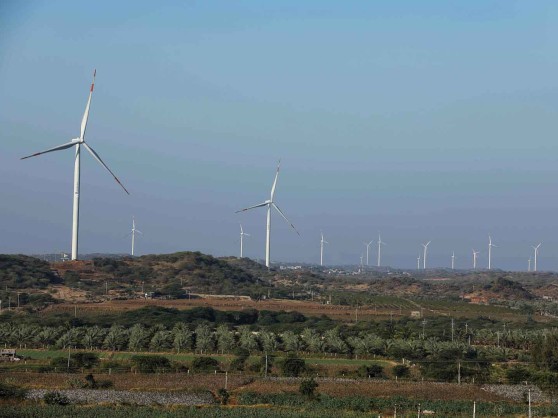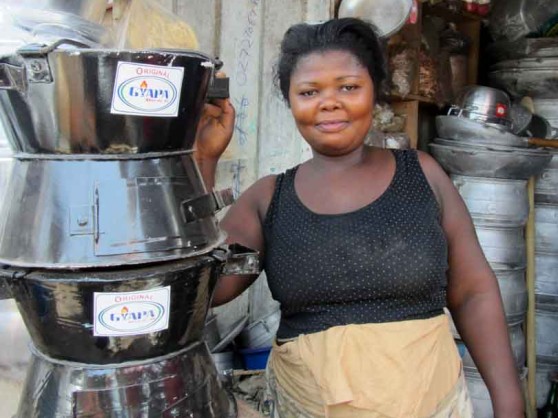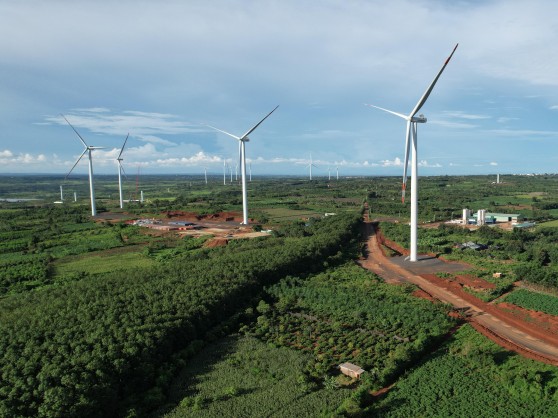At GLS, we care about our effect on the world around us. Each parcel and its related logistics and transport processes have an impact on natural resources and cause carbon emissions. We want to continue our mission in connecting people cross-border whilst protecting the environment for future generations. Therefore, climate and environmental protection are central components of our sustainability efforts.
With our GLS Climate Protect strategy, we focus on avoidance and compensation of greenhouse gas emissions and, furthermore,
compensate CO2-emissions additionally and voluntarily reduce the amount of carbon emissions caused by the transportation of parcels, business travel and the use of buildings by investing in various
certified climate protection projects in cooperation with
ClimatePartner .
At the end of 2023, GLS Group committed to setting near-term and long-term science-based targets to reduce greenhouse gas emissions across its operations in line with the Science Based Targets initiative. Read more about our commitment
here .
*Compensation of greenhouse gas emissions resulting from parcel shipping by investing into climate protection projects. More information
here .

